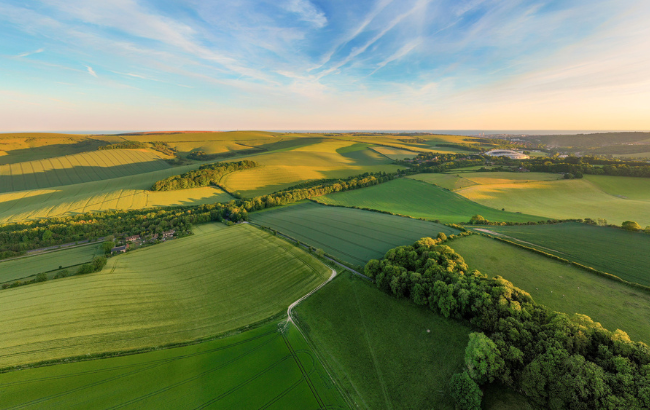
A conservation covenant is an agreement to conserve the natural or heritage features of some land. They are voluntary, private and legally binding.
The agreement is made between a landowner and designated responsible body, which might be a:
- local authority
- public body or charity, where at least some of its main purposes or functions relate to conservation
- private sector organisation, where at least some of its main activities relate to conservation
A conversation covenant must include actions the landowner or responsible body will or won’t take. For example, they might include commitments to maintain woodland or to avoid using certain pesticides.
Conservation covenants offer a flexible way to achieve environmental outcomes
A conservation covenant can be used for a variety of reasons. For example, one can be used to agree how land is managed to conserve habitat for rare species, or to contribute towards biodiversity net gain.
Conservation covenants secure long-term outcomes because they bind present and future owners of the land. This means that the conservation commitments are passed onto future landowners.
The agreements are particularly helpful because they offer flexibility. They provide a means of securing land for nature or heritage conservation, without needing to purchase the land.
They can also help a landowner to secure payments for environmentally friendly actions. For example, through a conservation covenant, a water company might pay a landowner to manage woodland upstream from a section of the river that tends to flood.
They expand the offsite market for biodiversity net gain
As I mentioned above, conversation covenants are a helpful tool for biodiversity net gain.
The biodiversity net gain policy allows developers to, where required, buy ‘ biodiversity units’ from pockets of protected land that sit outside of the development area.
Conservation covenants present an opportunity to facilitate and enable the biodiversity net gain offsite market.
This is because they provide a flexible alternative to section 106 agreements, which must be made through local authorities, normally as part of a planning application.
While local authorities can become designated responsible bodies, importantly so can public sector bodies, eNGOs and other organisations from the private sector.
Becoming a designated responsible body has multiple benefits
Conservation covenants present an opportunity for public companies and charities to benefit from emerging markets for biodiversity and ecosystem services.
Organisations that become responsible bodies will also help conserve important nature and heritage features of our landscape.
If you are a designated responsible body, your details will be publicly available to landowners who are looking to create a conservation covenant.
We would like more eligible organisations to apply to become designated responsible bodies.
So far, we have designated 5 organisations. We are currently considering a further 20 applications – but there is no limit on the number of responsible bodies Defra can designate.
If you are interested in becoming a designated responsible body, please read the criteria and application guidance.
Keep informed by subscribing to the blog
Please subscribe to this blog to receive an email notification when we publish a new post.
If you are only interested in seeing posts related to biodiversity net gain, bookmark the biodiversity net gain category page.
Leave a comment